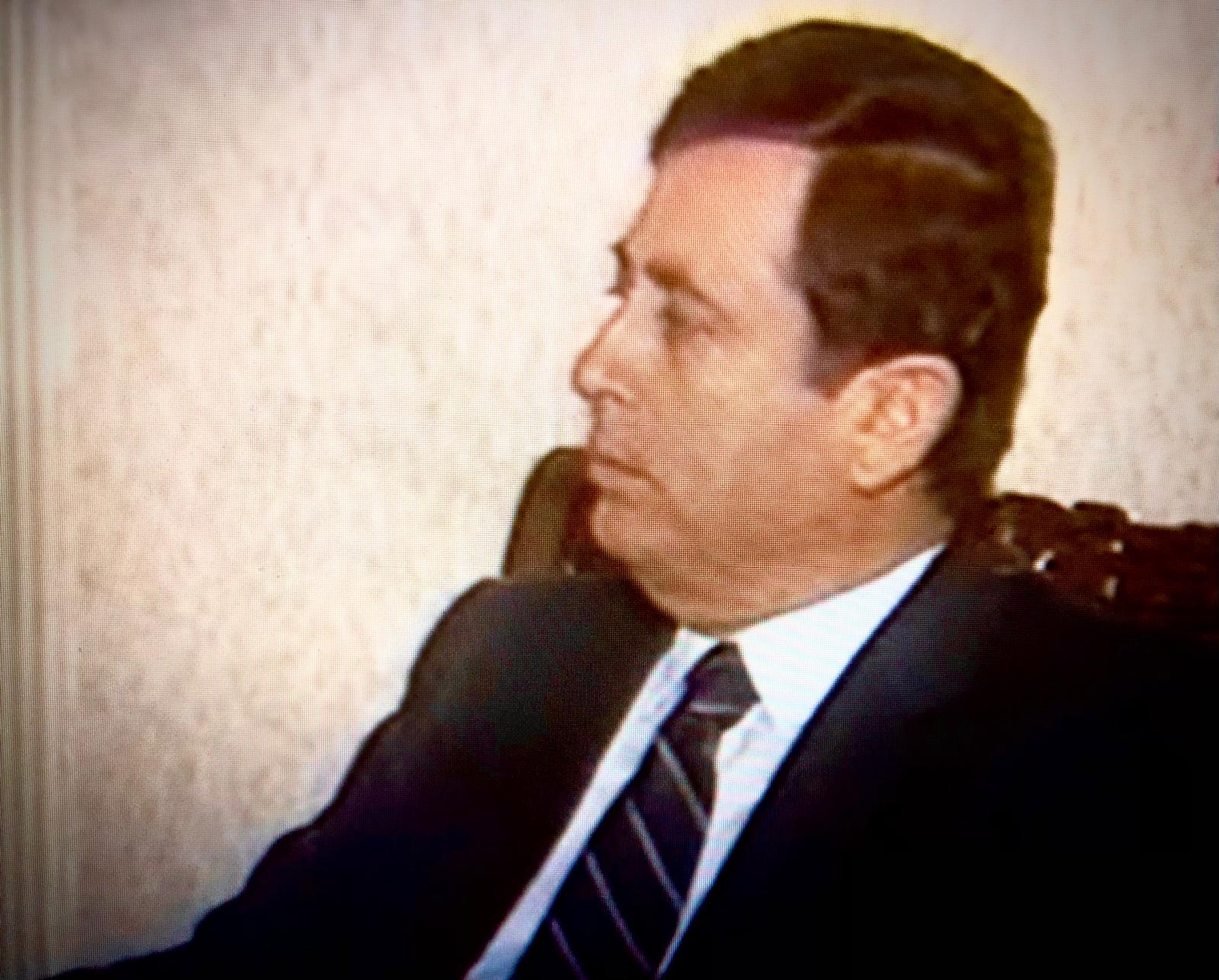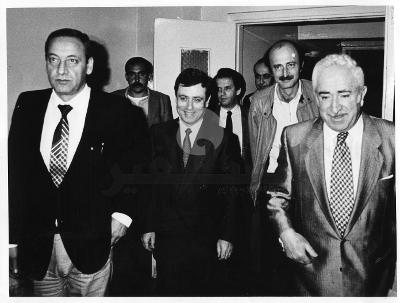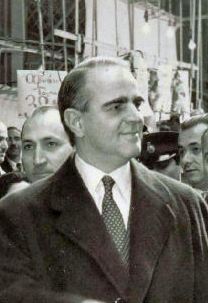Saudi efforts to salvage a peace plan for Lebanon appeared to be beginning to pay off today as a key Saudi official expressed renewed optimism.
Prince Bandar Bin Sultan, the Saudi ambassador to Washington who was instrumental in arranging a Lebanon cease-fire last September, emerged from three hours of talks with Syrian Foreign Minister Abdul Halim Khaddam and said, “The meeting was good, and we are optimistic. We are trying our best to stop the Lebanese bloodshed, and we have a great deal of cooperation from our Syrian brothers.”
But aside from such improved atmospherics, neither Syrians nor Saudis provided any details to justify the prince’s optimism.
The new mood emerged yesterday with the regal treatment Syria provided for Saudi Crown Prince Abdallah Bin Adulaziz, the member of the Saudi ruling family in charge of relations with Damascus. Only last weekend Khaddam brusquely rejected what had been presented as a Saudi eight-point package plan for Lebanon in an airport statement welcoming Prince Saud Faisal, the Saudi foreign minister even before discussions could begin.
Syria charged that the plan was a “trick” concocted by embattled Lebanese President Amin Gemayel.
Upon leaving Damascus Saturday, the Saudi foreign minister said that “new proposals” were being conveyed to the Lebanese government. He did not go into details. But today when asked about a new peace plan, Bandar told reporters, “There is no new plan.” He added “we are discussing a previously presented one.”
Potentially more important than such linguistic puzzles was the presence here of Rafiq Hariri, the Lebanese-born Saudi emissary who returned from conferring with Gemayel and other Lebanese leaders and attended the meeting with Khaddam.
Given known Syrian demands, any settlement seemed certain to involve more than junking the controversial American-brokered Lebanese-Israeli troop withdrawal agreement of last May 17.
Syria is also demanding that Israeli troops leave Lebanon before Syria on grounds the Israelis should not be rewarded for their June 1982 invasion and that the Syrian Army forces in Lebanon since 1976 originally went there under a now-expired Arab League mandate.
Beyond such details, diplomatic sources here suggested that although Syria is much encouraged by recent trends in Lebanon the Damascus government has yet to achieve its goals of wiping out all the advantages Israel achieved by invading Lebanon.
“Syria’s first objective is scrapping the May agreement,” the sources said, “and then setting up a national reconciliation government favorable to its interests. Then and only then will Syria move on and deal with the problem of allowing a new Lebanese government to strike a deal guaranteeing the Jewish state’s security in south Lebanon.”



